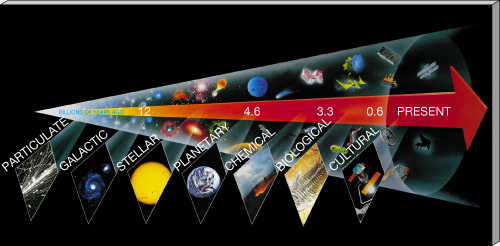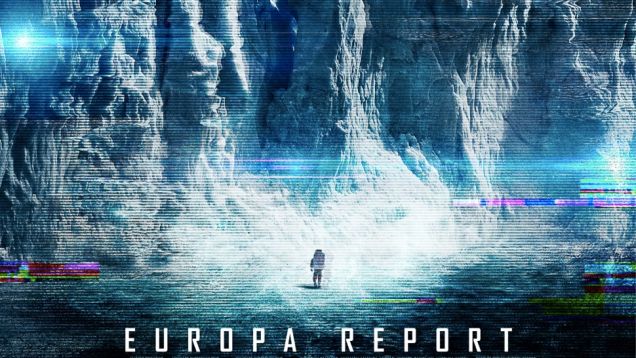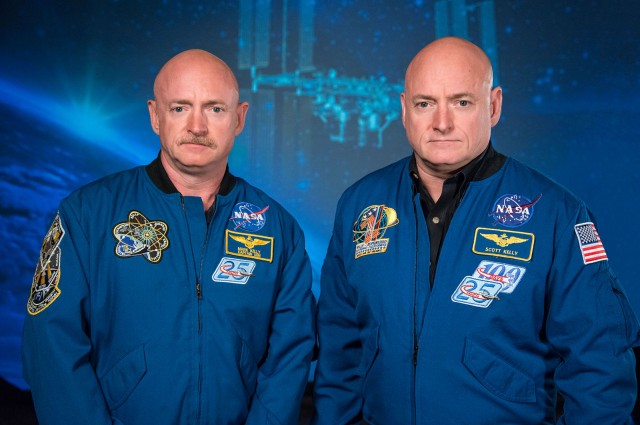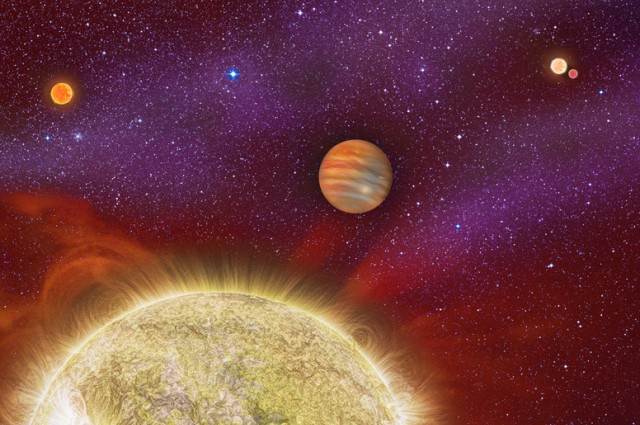Looking to the Future
Perhaps my biggest takeaway from this course has been an excitement for the future of space exploration and discovery. I was pretty interested in astronomical subjects coming in (obviously, or I wouldn’t have taken the course), but Dr. G’s passion for discovery and stars and planets is infectious. While I probably won’t remember the characteristics and chemical makeups of all of the Jovian planets, I will always remember that at any moment a rogue black hole could tear through our solar system, killing us all, and that there is absolutely nothing we can do about that. I look forward to watching the our flyby of Pluto and Charon, of find more extra-solar planets, of finding a way to achieve warp speed, and of discovering life outside of Earth.



